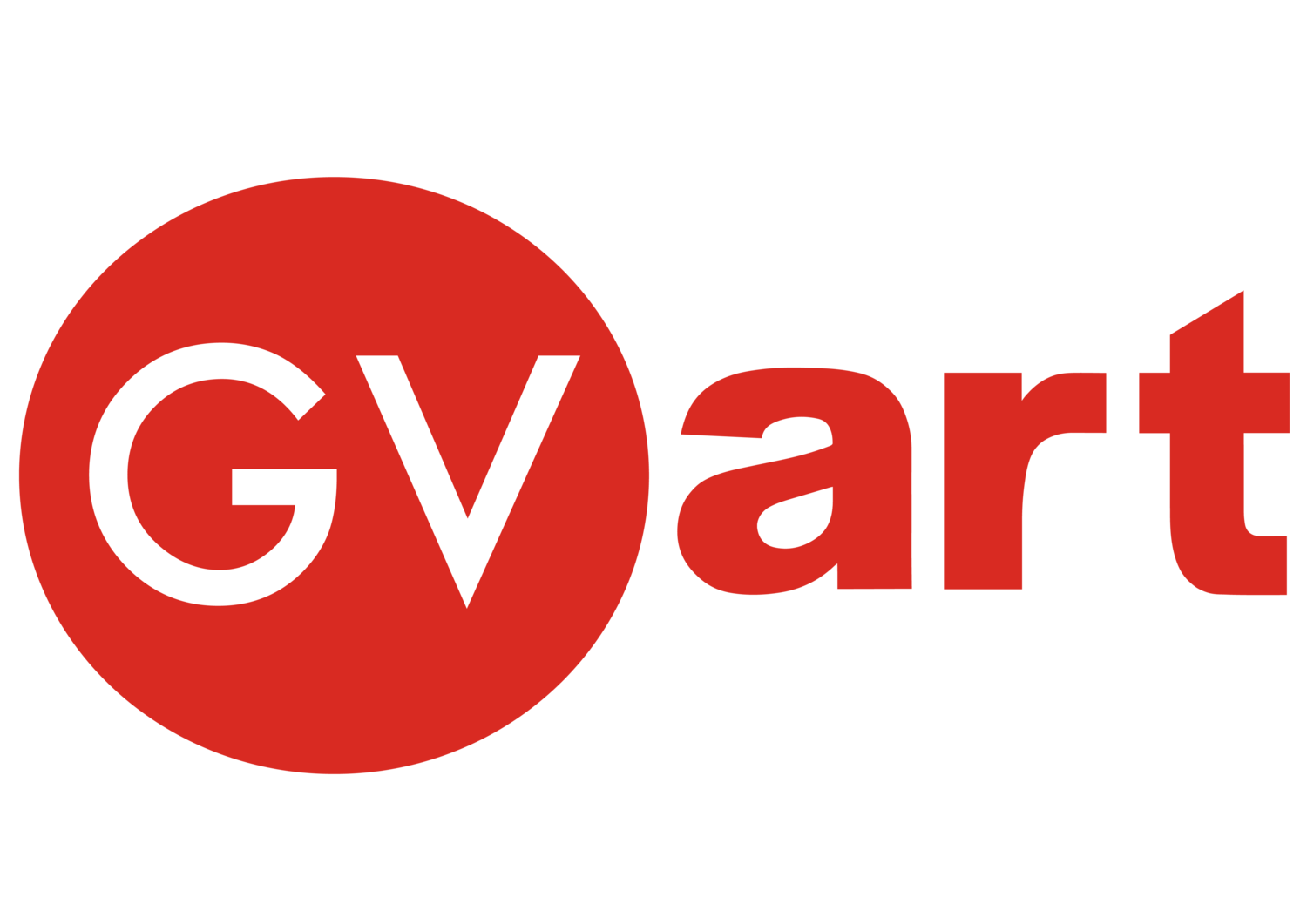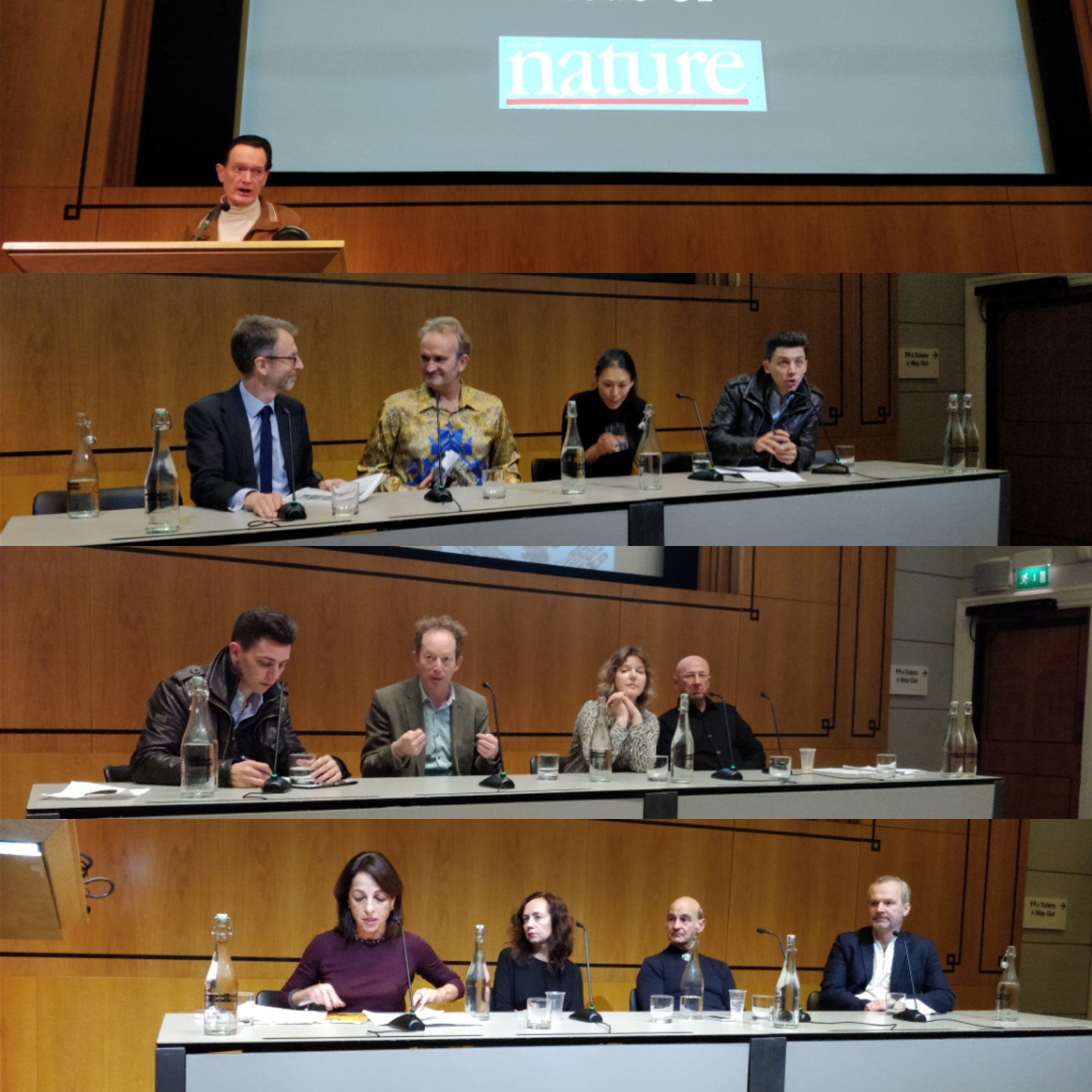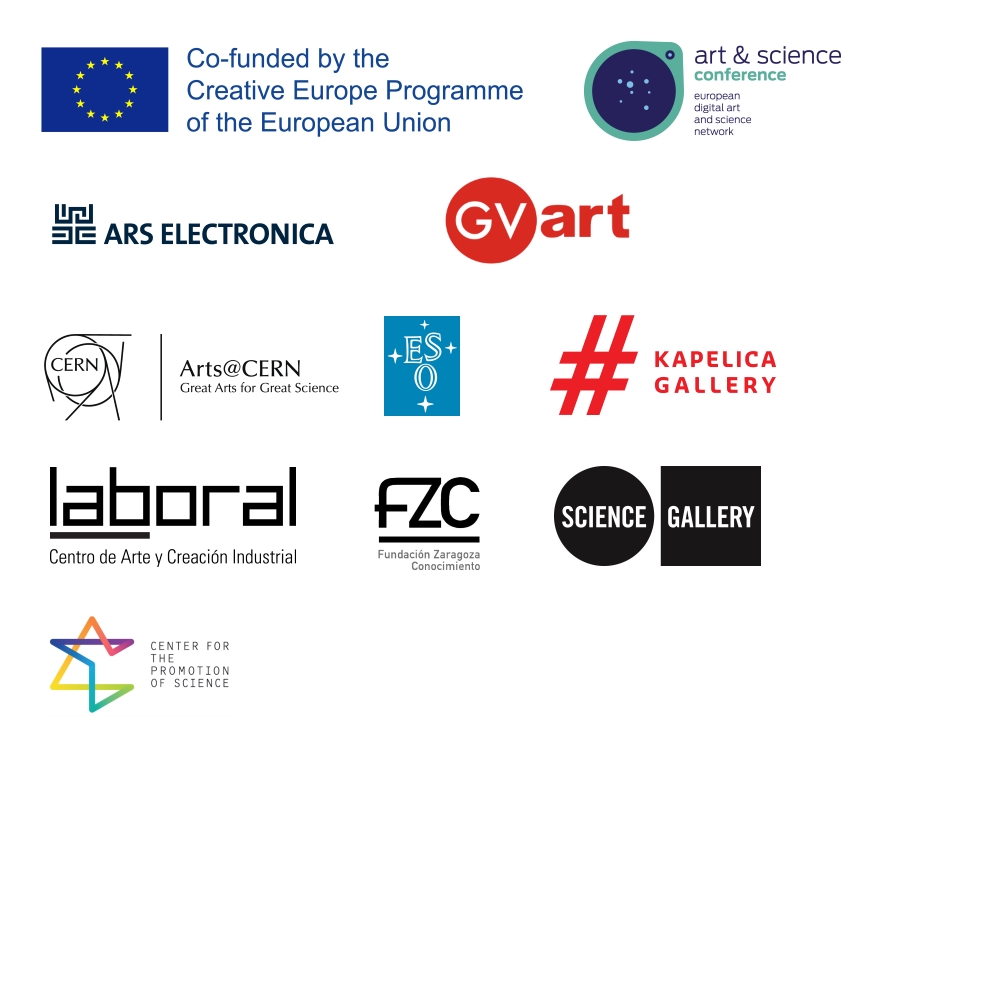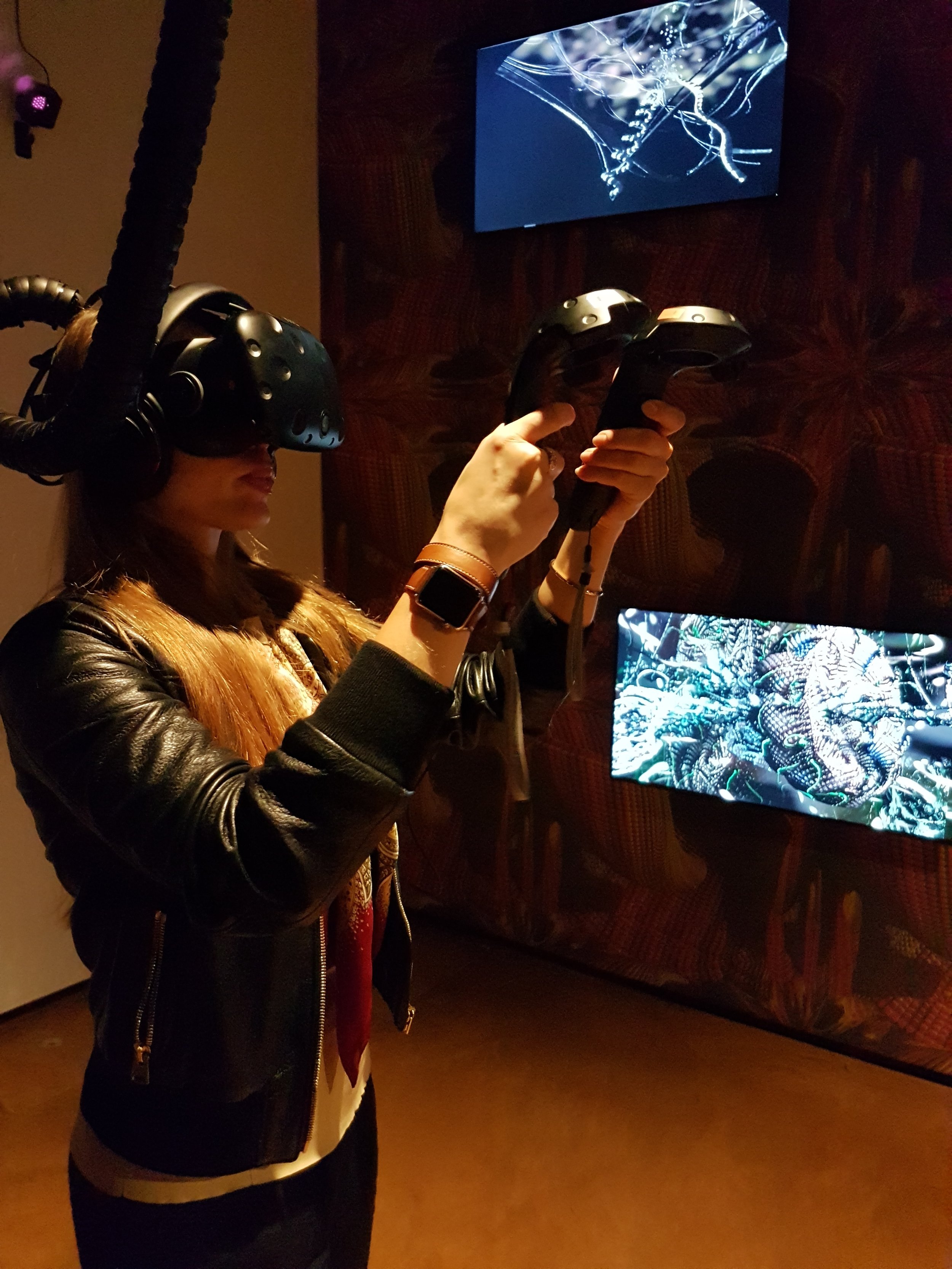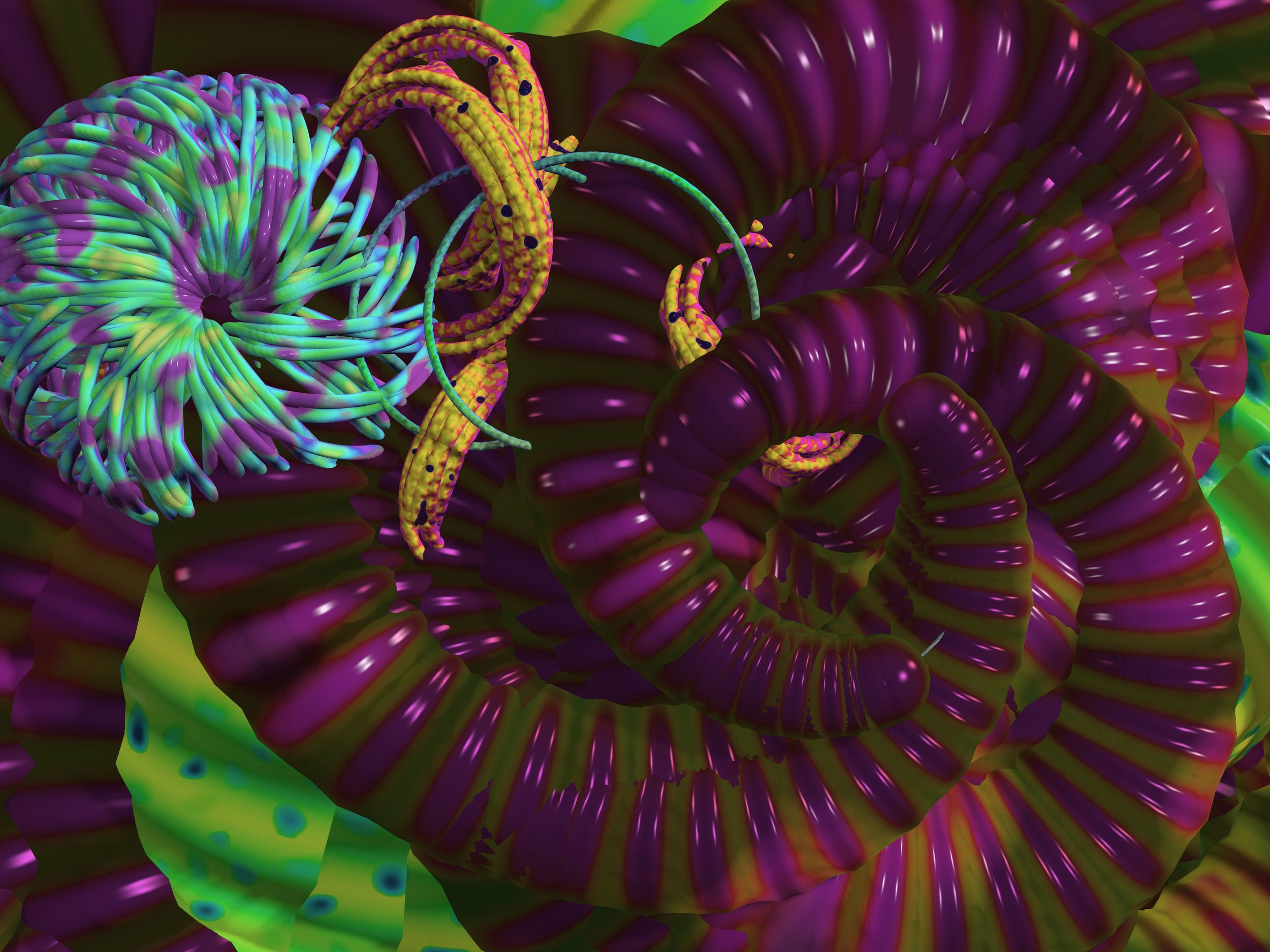#postARTandSCIENCE | Symposium | at the Wellcome Collection | Friday 22 September 2017
#postARTandSCIENCE
a one day symposium
on Friday 22 September 2017, from 9.30am to 5.30pm
Venue: Henry Wellcome Auditorium, Wellcome Collection, 183 Euston Road, London, NW1 2BE
Time Item
9:15 Registration
10:00 Robert Devcic
Founder of GV Art London
Opening and Introduction
Watch the video here
10:10 Luke Robert Mason
Director of Virtual Futures
Moderator - Introduces the day
Watch the video here
10:15 Martin Kemp FBA, Emeritus Professor in the History of Art, Trinity College, Oxford University.
Scientism and Artistry in the 14 September Issue of Nature
watch the video here
10.55 Q&A
11.00 Session One
11.00 Jen Wong, Director Guerilla Science
The Revolution will not be institutionalised
Watch the video here
11.20 Euan Lawson, Partner at Simkins LLP.
Copyright for Collaborators – Law and Practice
watch the video here
11.40 Prof William Latham, Computing Department Goldsmiths, University of London.
Mutator VR
watch the video here
12:00 Q&A
12:15 Lunch
1.30 Session two
1.30 Dr Daniel Glaser, Director, Science Gallery London.
Genuine jeopardy: how can young people help shape a high-quality arts programme in London’s newest science–art space?
Watch the video here
1.50 Dr Nina Sellars, Artist in Residence, SymbioticA, The University of Western Australia, funded by the Australia Council.
Posthumanist Approach to Art+Science
watch the video here
2.10 Prof Gary Hall, Professor of Media and Performing Arts, Coventry University.
The Inhumanist Manifesto: Who's Afraid of the Subject of Art+Science?
watch the video here
2.30 Q&A
2.45 Break
3.30 Session three
3.30 Prof Neal White, Professor of Art/Science, Director - CREAM at University of Westminster.
The Potential of Destruction in Art & Science
watch the video here
3.50 Prof Joanna Zylinska, Professor of New Media and Communications, Goldsmiths, University of London.
Biomediations, or does art+science have a blind spot?
watch the video here
4.10 Prof Stelarc, Performance Artist and Distinguished Research Fellow, School of Design and Art, Curtin University.
Excess / Emptiness / Indifference – from nano scale to Telematic Space
watch the video here
4.30 Q&A
4.45 Overview & summing up
Prof Marina Wallace
Watch the video here
5.30 Finish
6pm All out of the building
Over the last 30 years 'art+science' has grown from a niche interest to a legitimate field of inquiry and experimentation, producing many exciting projects, interdisciplinary collaborations and lively debates across various academic and artistic institutions. At the same time, concerns have been raised that aesthetically engaging art is all too frequently used to illuminate a scientific idea and, in this way, help scientists communicate with a wider audience. Even some of the more collaborative projects between artists and sciences maintain the distinction between the two fields, which temporarily come together in various funded projects. So, is it time to move on from 'art+science'?
#postARTandSCIENCE takes as its main theme thinking beyond 'art+science' -- especially in the sense in which this pairing is conventionally understood. Are we satisfied with the way 'art+science' has operated to date, and, if not, what should come after it? Can art change what we understand by science? Can science itself be considered a form of art? Should the relation be extended to take in other methods and approaches, such as those associated with engineering, geography, anthropology, literature, philosophy or media? Or does #postARTandSCIENCE call for an a-disciplinary approach?
email info@gvart.co.uk to request an invitation
This activity is part of the European Digital Art & Science Network www.aec.at/artandscience/en/
Speakers include;
Martin Kemp FBA, Emeritus Professor in the History of Art, Trinity College, Oxford University. Scientism and Artistry in the 14 September Issue of Nature
Martin Kemp was trained in Natural Sciences and Art History at Cambridge University and the Courtauld Institute, London. His books include, The Science of Art. Optical Themes in Western Art from Brunelleschi to Seurat (Yale), and The Human Animal in Western Art and Science (Chicago). He has published and broadcast extensively on Leonardo da Vinci, including the prize-winning Leonardo da Vinci. The marvellous works of nature and man, and the shorter Leonardo, and with Giuseppe Pallanti, Mona Lisa. The People and the Painting (all Oxford). His Christ to Coke. How image becomes icon (Oxford) looks at 11 representatives of types of icons across a wide range of public imagery. He wrote regularly for Nature, his essays for which have been published as Visualisations and developed in Seen and Unseen (both Oxford) in which his concept of “structural intuitions” is explored. His recent books include Art in History (Profile Books and Stuctural Intuitions. Seeing Shapes in Art and Science (Virginia).
Martin Kemp has been a Trustee of the National Galleries of Scotland, The Victoria and Albert Museum and British Museum. He has curated and co-curated a series of exhibitions on Leonardo and other themes, including Spectacular Bodies at the Hayward Gallery in London, Leonardo da Vinci. Experience, Experiment, Design at the Victoria and Albert Museum in 2006 and Seduced. Sex and Art from Antiquity to Now, Barbican Art Gallery London, 2007. He has taken part in numerous TV and radio programmes in Europe and America.
Prof. Joanna Zylinska, Professor of New Media and Communications, Goldsmiths, University of London. Biomediations, or does art+science have a blind spot?
Joanna Zylinska is a writer, lecturer, artist and curator, as well as Professor of New Media and Communications at Goldsmiths, University of London. The author of six books – including Nonhuman Photography (MIT Press, 2017, forthcoming), Minimal Ethics for the Anthropocene (Open Humanities Press, 2014, e-version freely available) and Life after New Media: Mediation as a Vital Process (with Sarah Kember; MIT Press, 2012) – she is also a translator of Stanislaw Lem's philosophical treatise, Summa Technologiae (Minnesota UP, 2013). In 2013 she was Artistic Director of Transitio_MX05 'Biomediations', the biggest Latin American new media festival, which took place in Mexico City. Her own art practice involves experimenting with different kinds of photomedia. She is also currently exploring “the end of man”, in all its tragicomical aspects.
Prof Gary Hall, Professor of Media and Performing Arts, Coventry University. The Inhumanist Manifesto: Who's Afraid of the Subject of Art+Science?
Gary Hall is a media theorist working in the areas of philosophy, art and politics. He is Professor of Media and Performing Arts in the Faculty of Arts & Humanities at Coventry University, UK. He is author/co-author of six books, including most recently Pirate Philosophy (MIT Press, 2016) and The Uberfication of the University (Minnesota UP, 2016). In 1999 he co-founded the critical theory journal Culture Machine, while in 2006 he co-founded Open Humanities Press (OHP).
Prof Stelarc, Performance Artist and Distinguished Research Fellow, School of Design and Art, Curtin University. EXCESS / EMPTINESS / INDIFFERENCE – FROM NANO SCALE TO TELEMATIC SPACE
Stelarc is a performance artist interrogating issues of agency, identity and the posthuman. His projects incorporate prosthetics, robotics and biotechnology. He has performed with a Third Hand, a Stomach Sculpture and Exoskeleton, a 6-legged walking robot. Fractal Flesh, Ping Body and Parasite are internet performances that explore remote and involuntary choreography. His surgically constructed ear on his arm will be internet-enabled. His body has been choreographed by an industrial robot arm and for Re-Wired / Re-Mixed he could only see with the eyes of someone in London, hear with the ears of someone in New York, whilst anyone anywhere could remote control his arm.
In 1996 he was designated Honorary Professor of Art and Robotics, Carnegie Mellon University and in 2002 was awarded an Honorary Doctorate of Laws by Monash University. In 2010 was awarded the Ars Electronica Hybrid Arts Prize. In 2014 he initiated and was the Director of the Alternate Anatomies Lab. In 2015 he received the Australia Council’s Emerging and Experimental Arts Award. In 2016 he was awarded an Honorary Doctorate from the Ionian University. Stelarc is currently a Distinguished Research Fellow, School of Design and Art, Curtin University.
Dr Nina Sellars, Artist in Residence, SymbioticA, The University of Western Australia, funded by the Australia Council. 'A Posthumanist Approach to Art+Science'.
Nina Sellars is an artist who works across the disciplines of art, science, and humanities, and her arts practice focuses on the way anatomy has shaped our understanding of the body, identity and subjectivity. Sellars’ interest in anatomy has taken her from working in art studios and wet anatomy labs to working in physics labs and medical imaging facilities – here she critically engages with the cultural implications of anatomy. During 2017, Sellars was Artist in Residence at SymbioticA, The University of Western Australia – for the research and development of tissue culture techniques for her arts project – Fat Culture. This project has been assisted by the Australian Government through the Australia Council, its arts funding and advisory body.
Prof William Latham, Computing Department Goldsmiths, University of London. Mutator VR
Trained at Oxford University and The Royal College of Art, William Latham is well known for his organic computer art created from 1987 – 93 at The IBM in Winchester, UK. He then worked in Rave Music and Computer Games development for ten years before becoming a Professor at Goldsmiths, London where he works extensively in VR working closely with Stephen Todd (which whom he worked at IBM), Lance Putnam and Peter Todd.
Euan Lawson, Partner at Simkins LLP. Copyright for Collaborators – Law and Practice
Euan is a lawyer and managing partner of entertainment and media law firm, Simkins LLP. The firm was founded in 1962 as one of the pioneering firms for the entertainment and media industry. It is still best known for its market-leading practice in this area, and it represents some of the best-known names in the business today. The firm’s clients include individual creatives, entertainment business executives and entrepreneurs, investors, producers, rights-owners and distributors.
Euan is a copyright and commercial contracts specialist and advises regularly on issues of copyright law and practice including joint authorship, rights acquisition and exploitation, infringement and moral rights.
His client list includes artists, musicians, actors, and other creatives, as well as publishers, major and independent record companies, Hollywood studios and a wide range of others working in the music, film, television, theatre and publishing industries.
He is a member of the International Association of Entertainment Lawyers and writes and speaks regularly on copyright and tax law.
Prof Neal White, Professor of Art/Science, Director - CREAM at University of Westminster. 'The Potential of Destruction in Art & Science'
As an artist and researcher, Neal White has significant experience and interest in the relationship of Contemporary Art to Science & Technology. For over 20 years, his work has critically explored art as a collaborative endeavour – developing projects, research and artworks with academics, architects and activists. As a co-founder of Soda, an art and technology group based in London (est.1997) and founder of ‘Office of Experiments’ (est. 2004) an artist research network, his interest in the impact of science and technology on cultural forms, knowledge production, ethics and social engagement has led to Internationally recognised exhibitions and publications in UK, Europe and the USA (recently at Whitechapel, Royal College of Art, Portikus, John Hansard, Center for Land Use Interpretation, Henry Moore Institute, among many others). He is currently developing a new UK critical centre/network for Art and Science with Arts Catalyst at University of Westminster, London whilst working on art-led research projects relating to ecology and memory as situated knowledge (Test Sites), and research exploring conceptual and aesthetic thresholds of data with EU researchers and (Austrian Science Fund).
Dr Daniel Glaser, Director, Science Gallery London. Genuine jeopardy: how can young people help shape a high-quality arts programme in London’s newest science–art space?
Daniel Glaser is Director of Science Gallery London at King's College London. One of the country's most popular neuroscientists, he has presented and contributed to numerous television and radio programmes, and was the first scientist to serve as a judge for the Man Booker Prize. In 2002, he was made the first Scientist in Residence at the Institute of Contemporary Arts in London. Formerly the Head of Engaging Science at Wellcome Trust, he writes a weekly column for the Observer Magazine.
Jen Wong, Director Guerilla Science. The Revolution will not be institutionalised
Jen Wong is a co-founder and Director of Guerilla Science, and Head of Programming at Science Gallery London. She has a degree in Natural Sciences, an M.Phil in History & Philosophy of Science, and a background in event and exhibition concept development and production. She specializes in devising participatory experiences inspired by science in unusual spaces, such as the muddy festival field, underground WW2 bunker or refined art gallery. Jen has previously worked for the Dana Centre, Wellcome Collection, Science Museum and Natural History Museum, alongside work with other cultural and commercial clients such as the National Portrait Gallery, Glastonbury, Latitude, Secret Cinema, Hendricks and Selfridges. Her expertise lies in creating experiences that sit across science, culture, engagement and media platforms. She often works with scientists in non-traditional settings for science, and with both artists and scientists to deliver participatory art/science collaborations that place audiences at the centre of the story.
Moderated by Luke Robert Mason, Director of Virtual Futures
Luke is a British-born science communicator and the Director of Virtual Futures - an events series that brings together artists, cultural theorists, fiction writers, philosophers and technologists to re-address the potential of looking at our future through a techno-philosophical lens.
Curated by Robert Devcic, Founder & Director of GV Art London
